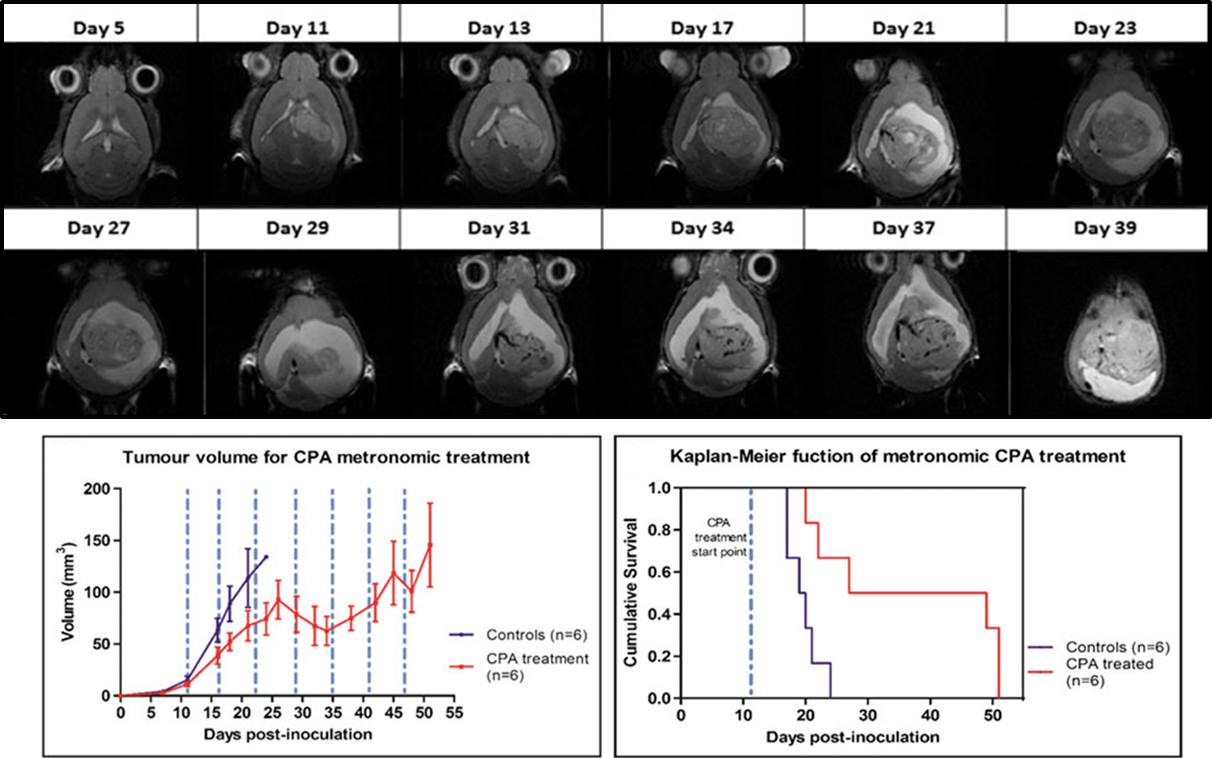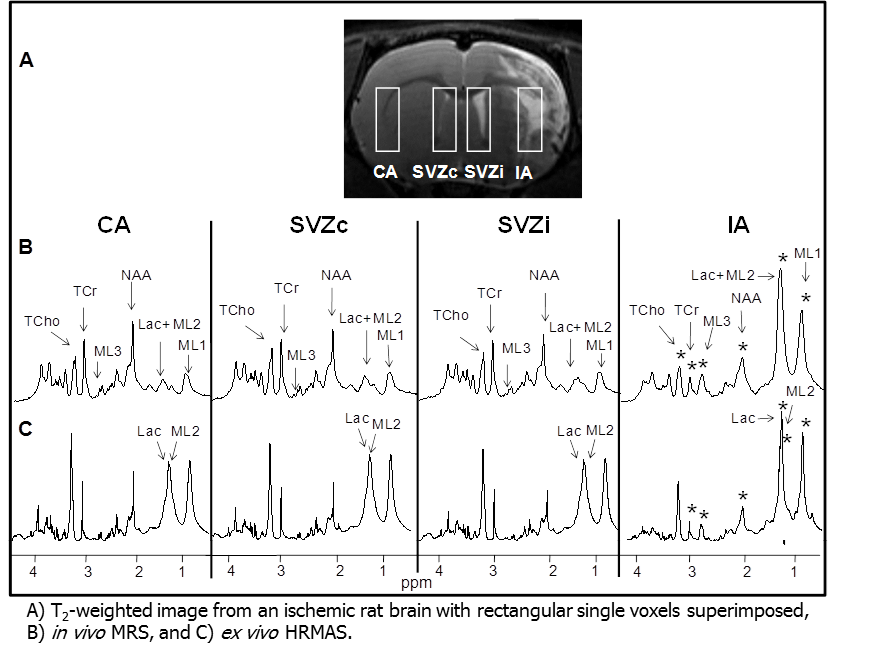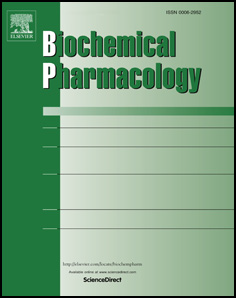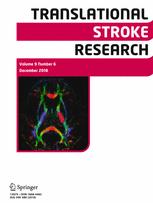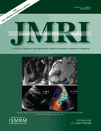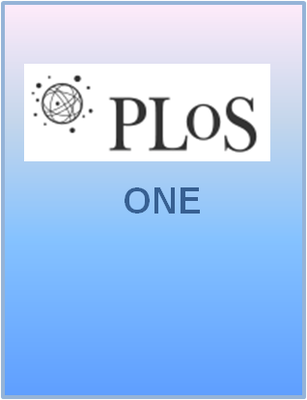 “Factors Secreted by Endothelial Progenitor Cells Enhance Neurorepair Responses after Cerebral Ischemia in Mice” by Rosell, A., Morancho, A., Navarro-Sobrino, M., Martínez-Saez, E., Hernández-Guillamon, M., Lope-Piedrafita, S., Barceló, V., Borrás, F., Penalba, A., García-Bonilla, L., Montaner, J. PLoS ONE 8 (2013), e73244. DOI: 10.1371/journal.pone.0073244
“Factors Secreted by Endothelial Progenitor Cells Enhance Neurorepair Responses after Cerebral Ischemia in Mice” by Rosell, A., Morancho, A., Navarro-Sobrino, M., Martínez-Saez, E., Hernández-Guillamon, M., Lope-Piedrafita, S., Barceló, V., Borrás, F., Penalba, A., García-Bonilla, L., Montaner, J. PLoS ONE 8 (2013), e73244. DOI: 10.1371/journal.pone.0073244
Cell therapy with endothelial progenitor cells (EPCs) has emerged as a promising strategy to regenerate the brain after stroke.The aim of this study was to investigate if treatment with EPCs or their secreted factors could potentiate angiogenesis and neurogenesis after permanent focal cerebral ischemia in a mouse model of ischemic stroke. Magnetic resonance imaging (MRI) was performed at baseline (24 hours after ischemia and before any treatment was administered) to confirm that the severity of the lesions was similar between groups as measured by infarct volume, transverse relaxation time (T2), apparent diffusion coefficient (ADC) and fractional anisotropy (FA). Severe lesions were observed on T2 weighted images (T2 WI) at two weeks after ischemia with a complete atrophy of the injured cortex.
 Immunohistochemistry and histology of the brain were performed to evaluate angio-neurogenesis and neurological outcome at two weeks. A significant increase in capillary density was noted in the peri-infarct areas of animals treated with EPC and also in those treated only with secreted factors of the EPCs. At the functional level, post-ischemia forelimb strength was significantly improved in animals receiving EPCs or EPC-secreted factors. In conclusion, this work demonstrates for the first time that the administration of EPC-secreted factors could become a safe and effective cell-free option to be considered in future therapeutic strategies for stroke.
Immunohistochemistry and histology of the brain were performed to evaluate angio-neurogenesis and neurological outcome at two weeks. A significant increase in capillary density was noted in the peri-infarct areas of animals treated with EPC and also in those treated only with secreted factors of the EPCs. At the functional level, post-ischemia forelimb strength was significantly improved in animals receiving EPCs or EPC-secreted factors. In conclusion, this work demonstrates for the first time that the administration of EPC-secreted factors could become a safe and effective cell-free option to be considered in future therapeutic strategies for stroke.
